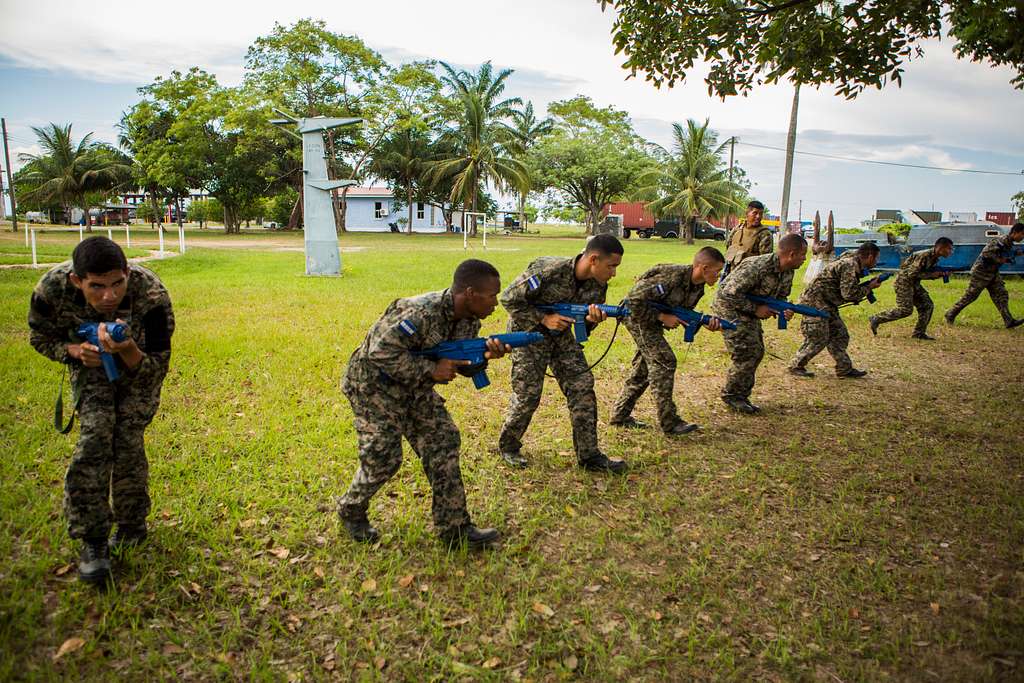On January 1, 2025, Honduran President Xiomara Castro issued a bold warning to the incoming U.S. administration under President-elect Donald Trump, stating that if the new government moves forward with its proposed deportation of undocumented Honduran migrants, she would take drastic actions to defend her country’s sovereignty. In a televised address, Castro threatened to expel all U.S. military bases from Honduras and halt military cooperation between the two nations.
The threat comes in direct response to Trump’s proposed immigration policies, which include a widespread deportation initiative targeting undocumented migrants, a significant portion of whom originate from Central America. Over the years, Honduras has been an important partner in U.S. immigration enforcement efforts, working closely with the U.S. government on programs aimed at curbing illegal migration and combating organized crime. However, the escalating tensions over the treatment of migrants have led Castro to reconsider the longstanding relationship.
The United States maintains several military installations in Honduras, which have played a crucial role in countering drug trafficking, organized crime, and regional instability. These bases, vital for U.S. military operations in Central America, provide strategic access and intelligence-sharing capabilities to combat transnational threats. Castro’s statement, however, has sparked a sharp diplomatic dispute, signaling a possible shift in the dynamics of U.S.-Honduran relations. While Honduras relies on U.S. financial aid, trade, and military cooperation, the president made it clear that she would prioritize the well-being and sovereignty of her own people over foreign military interests.
The implications of Castro’s threat are far-reaching. If she carries out her promise to expel U.S. military personnel and sever cooperation, it would not only disrupt U.S. counter-narcotics and counter-terrorism operations in Central America but also jeopardize critical security initiatives in the region. Furthermore, such a move could signal to other Latin American nations that there is a growing resistance to U.S. immigration policies and military presence in the hemisphere.
Analysts predict that this situation could create significant diplomatic challenges for both nations. For the U.S., losing access to Honduran military installations would complicate efforts to manage security threats in Central America, particularly those involving narcotrafficking and armed insurgencies. For Honduras, severing ties with the U.S. could have economic ramifications, as the country is dependent on financial aid, trade agreements, and remittances from Honduran migrants living in the United States. As tensions continue to rise, the coming months will reveal how the U.S. and Honduras navigate this complex and evolving relationship.
